How to Integrate Notion with Slack for Seamless Collaboration
Integrating Notion and Slack can significantly enhance how modern teams operate. Slack is ideal for quick messaging, while Notion excels at organizing projects and managing workflows. Yet, frequent app switching can disrupt productivity. By linking Notion with Slack, you can streamline communication and keep your team updated without leaving Slack.
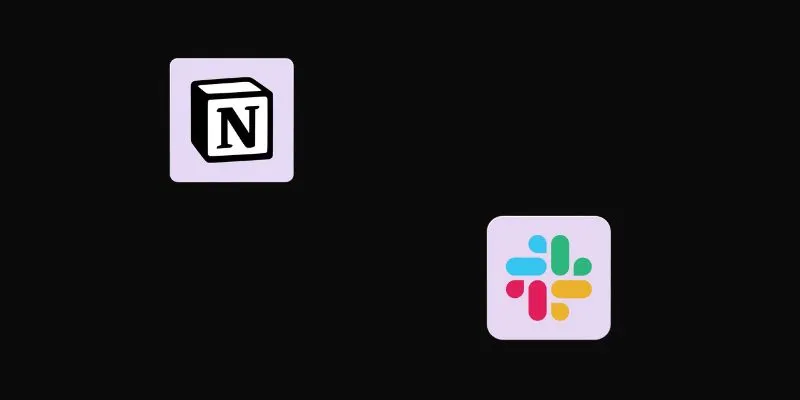
Why Integrate Notion with Slack?
Notion is fantastic for project planning and document creation, while Slack facilitates rapid communication. Without integration, these tools can become siloed, leading to missed updates or scattered information. Integrating them helps:
- Automatically send Notion updates to Slack.
- Alert your team about Notion edits and comments.
- Share Notion links directly in Slack.
- Sync Slack channels with Notion projects.
This integration reduces confusion and keeps your team updated in real time, allowing seamless collaboration.
Ways to Connect Notion and Slack
There are several ways to connect Notion and Slack, ranging from built-in features to third-party tools:
1. Notion’s Built-In Slack Integration
Notion offers a built-in Slack integration that allows updates to appear in Slack channels.
Steps to connect:
- Open Notion and navigate to Settings.
- Select “Integrations.”
- Choose “Slack” and connect your workspace.
- Select the Slack channel for updates.
Now, changes in Notion will automatically notify your Slack channels, keeping everyone informed.
2. Share Notion Pages in Slack
Manually sharing Notion links in Slack allows team members to see detailed previews and discuss them efficiently. Simply copy a page URL from Notion and paste it into a Slack message.
3. Use Slack’s Workflow Builder
Slack’s Workflow Builder enables you to create automated workflows, including Notion tasks.
Example:
- Create a Slack button to add a task in Notion.
- Team members can click the button and input task details.
- The task is then automatically added to the chosen Notion database.
This requires some technical setup but offers a customized solution.
4. Third-Party Tools (Zapier or Make)
Tools like Zapier or Make facilitate app integration without coding. You can set triggers and actions, such as:
- Sending a Slack message when a Notion page updates.
- Adding a task in Notion when a Slack message is posted.
To use Zapier:
- Sign up at zapier.com.
- Choose Notion as the trigger app and Slack as the action app.
- Define the trigger and message content.
- Test and activate the Zap.
This approach provides greater control and automation.
Use Cases for Notion-Slack Integration
Project Management Updates
Automatically send Notion task changes to Slack, keeping everyone updated on deadlines and completions without checking Notion constantly.
Team Comments and Feedback
Slack receives Notion comments in real-time, enabling faster collaboration and efficient feedback loops.
Task Assignments
Notify Slack channels instantly about new task assignments in Notion, ensuring accountability and awareness.
Sharing Meeting Notes
Post Notion meeting notes to Slack, offering instant access and promoting transparency.
Company Wikis and Policies
Update internal wikis or policy pages in Notion and notify Slack, ensuring employees are aware of new guidelines.
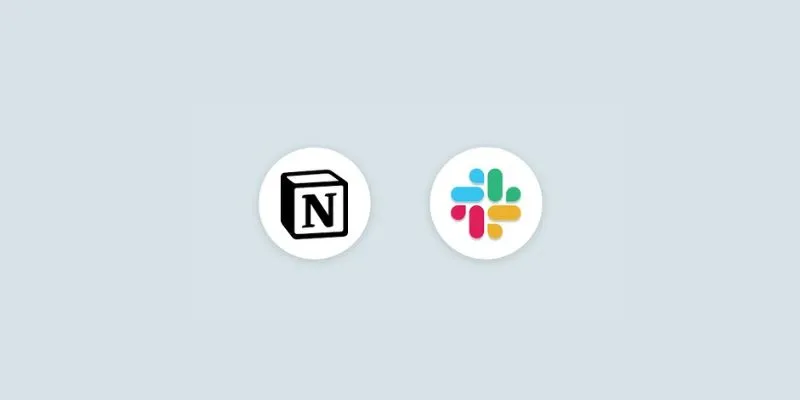
Tips for Maximizing Notion and Slack Integration
- Use clear names for Slack channels and Notion pages.
- Pin important updates in Slack for quick access.
- Highlight significant changes in Slack with emojis or tags.
- Limit notifications to prevent overload.
- Keep Notion workspaces organized for clarity.
These practices save time and enhance communication, allowing your team to focus without constant app switching.
Conclusion
Linking Notion with Slack enhances team efficiency by centralizing updates and communication. Your team stays informed and can react swiftly. Whether you use built-in tools, custom integrations, or automation with Zapier, you streamline workflows and boost productivity. This integration fosters a well-informed, organized, and effective team environment, improving group performance and collaboration.
Related Articles
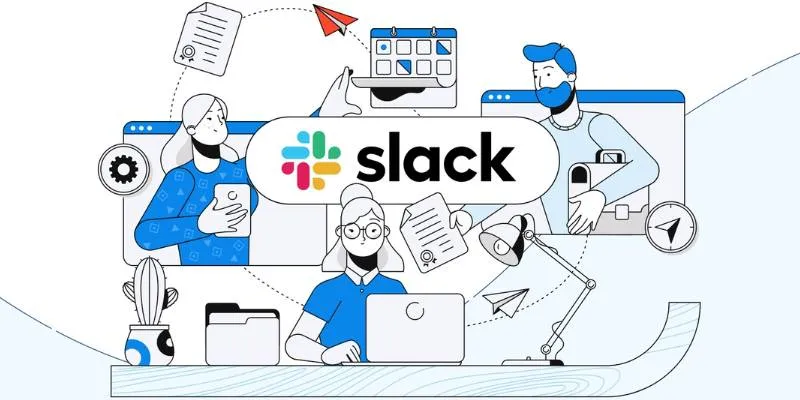
How to Set Up and Organize a Slack Channel: A Step-by-Step Guide
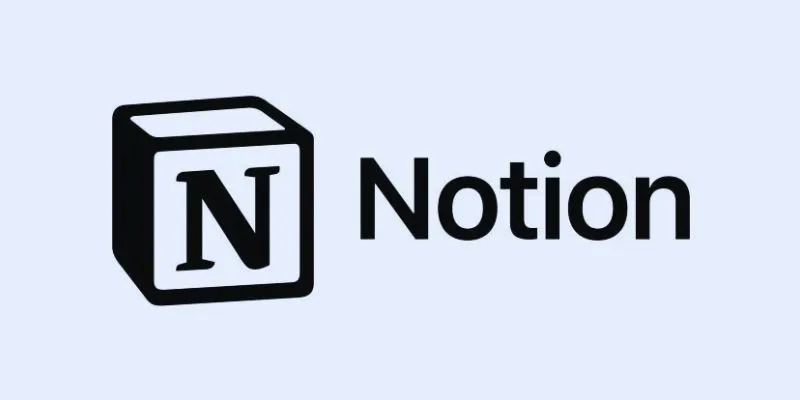
How to Automate Recurring Tasks in Notion: A Step-by-Step Guide
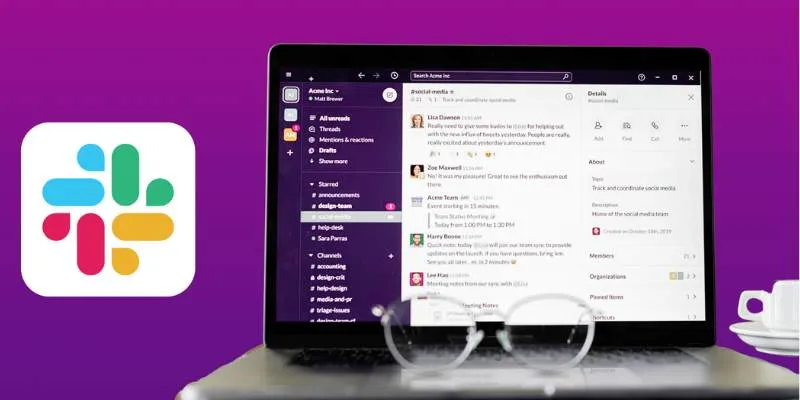
Top 10 Slack Automation Ideas to Boost Workflow Efficiency

Coda vs. Notion: Choosing the Best Workspace App in 2025

Thinkific vs. Kajabi: Top Online Course Platforms Compared

Unify and Share Team Data Seamlessly with Ragic
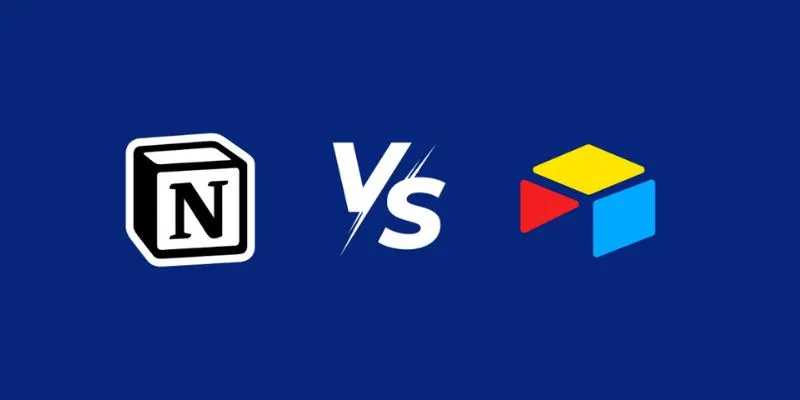
Airtable vs. Notion: Which App Should You Choose for Your Workflow
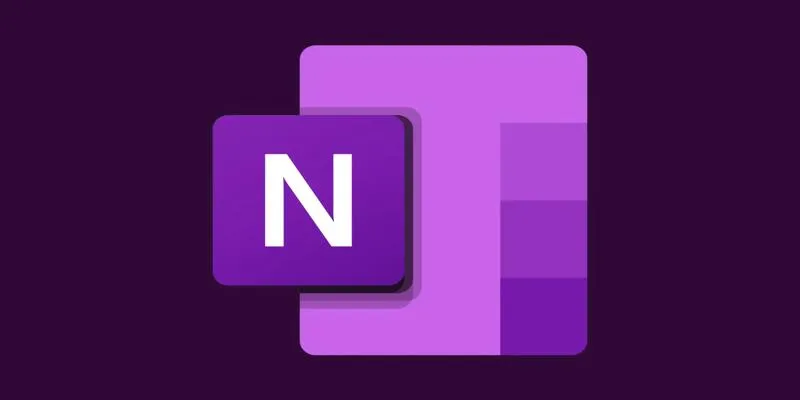
Creating OneNote Notes from Notion Databases

The Best Slack Apps for Your Workspace in 2025: An Ultimate Guide
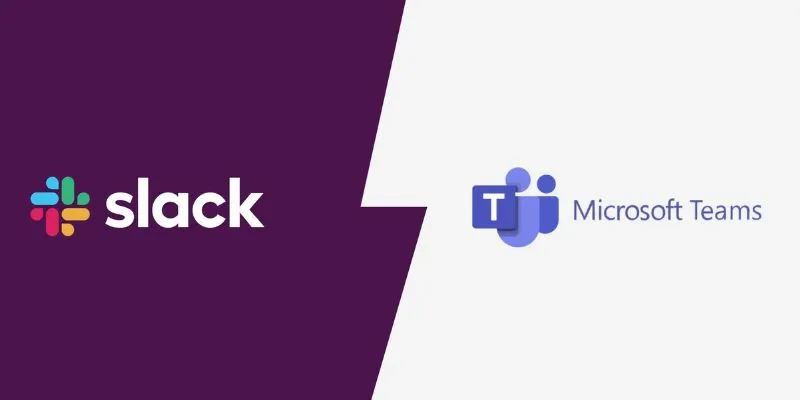
Slack vs. Teams: Which Should Your Business Use for Enhanced Collaboration

Speed Up Your Payments: Top Billing and Invoicing Android Apps

10 Effective Ways to Use Notion for Life Organization
Popular Articles

The 6 Best Pomodoro Timer Apps in 2025 for Maximum Focus and Productivity

How to Design Stunning Photo Collages with iPhoto on Mac and iPhone

Dropbox vs. Google Drive: Which Cloud Storage Solution Fits Your Needs
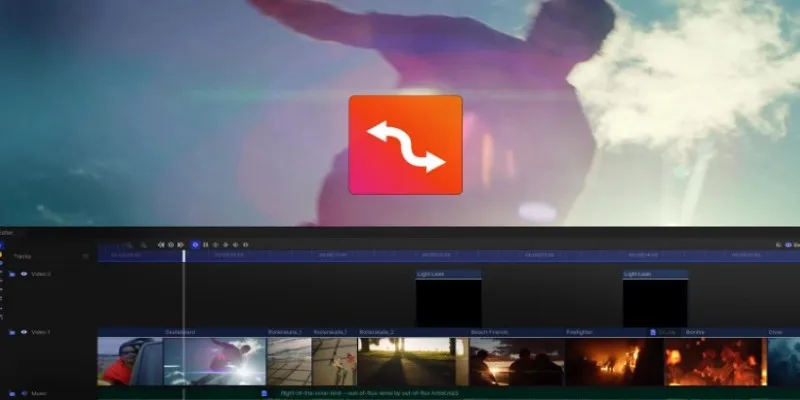
Smooth Slow Motion Editors: Top Tools for Phone and Computer

5 Best 4K UHD Media Players for Windows PC and Mac in 2025

Fastest Method to Convert JPG to MP4 and Create Stunning Videos

The Best Methods to Remove Objects from Photos: 3 Effective Solutions
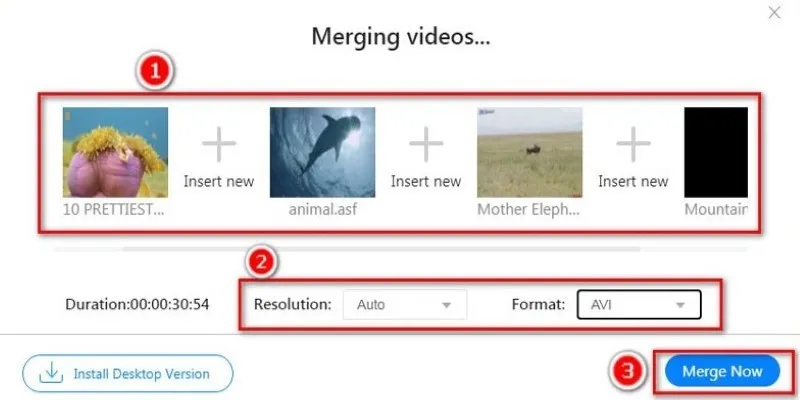
Simple Guide to Merging Video Files with Top HandBrake Alternatives
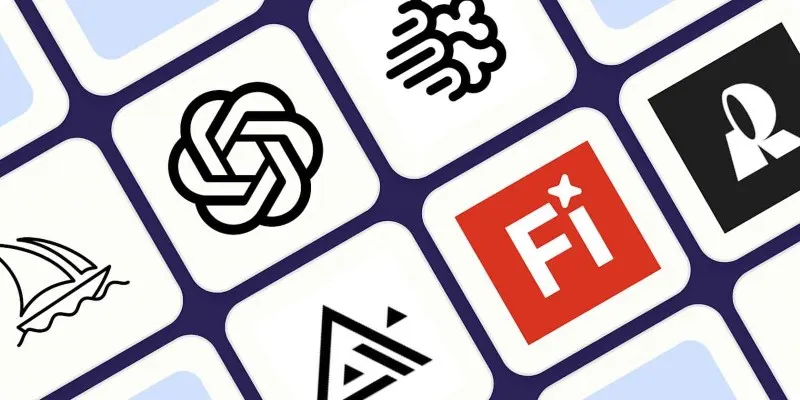
The 8 Best AI Image Generators in 2025 to Bring Your Ideas to Life

6 Best Tools to Create Stunning Animated Videos with Ease

3 Simple Methods to Capture Your Screen on an HP Laptop
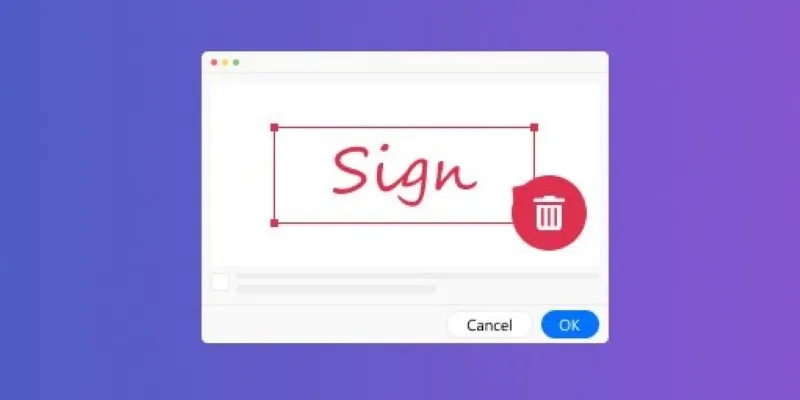
 mww2
mww2